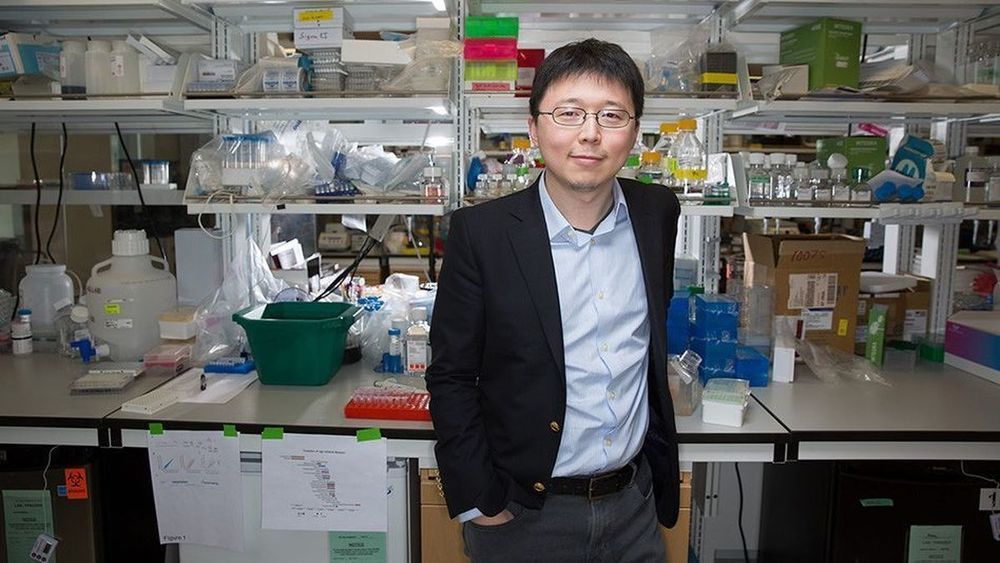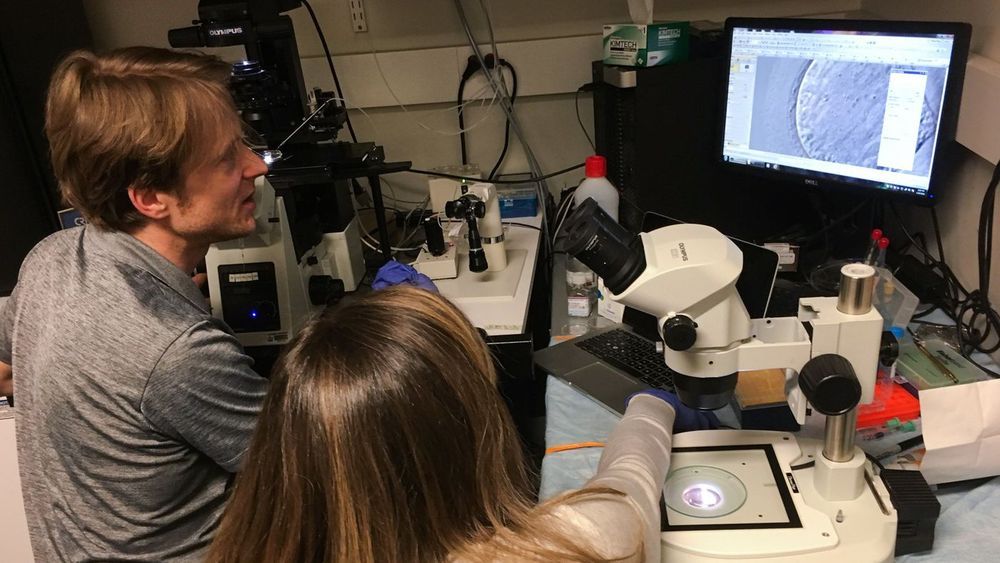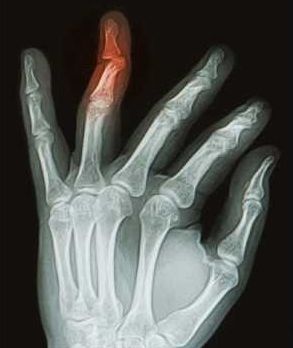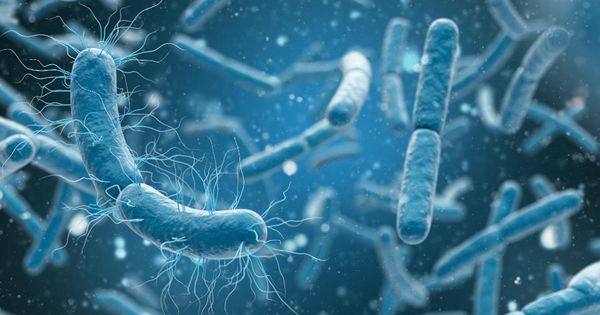The scientists who developed the revolutionary gene-editing system known as CRISPR are improving it with new tools that make it work better.



A team of scientists have made a new discovery about naturally occurring magnetic materials, which in turn could lead to the development of nanoscale energy sources used to power next generation electronic devices. Researchers from Japan’s Okayama University and UC Riverside’s Bourns College of Engineering worked together to study the gumboot chiton, a type of mollusk that produces teeth made of the magnetic mineral magnetite, in hopes of better understanding its genetic process.


A study by UCLA researchers is the first to demonstrate a technique for coaxing pluripotent stem cells—which can give rise to every cell type in the body and which can be grown indefinitely in the lab—into becoming mature T cells capable of killing tumor cells.
The technique uses structures called artificial thymic organoids, which work by mimicking the environment of the thymus, the organ in which T cells develop from blood stem cells.
T cells are cells of the immune system that fight infections, but also have the potential to eliminate cancer cells. The ability to create them from self-renewing pluripotent stem cells using the UCLA technique could lead to new approaches to cancer immunotherapy and could spur further research on T cell therapies for viral infections such as HIV, and autoimmune diseases. Among the technique’s most promising aspects is that it can be combined with gene editing approaches to create a virtually unlimited supply of T cells able to be used across large numbers of patients, without the need to use a patient’s own T cells.

Imperial researchers have developed a new bioinspired material that interacts with surrounding tissues to promote healing.
Materials are widely used to help heal wounds: Collagen sponges help treat burns and pressure sores, and scaffold-like implants are used to repair broken bones. However, the process of tissue repair changes over time, so scientists are looking to biomaterials that interact with tissues as healing takes place.
“Creatures from sea sponges to humans use cell movement to activate healing. Our approach mimics this by using the different cell varieties in wounds to drive healing.” –Dr Ben Almquist, Department of Bioengineering.

Early November 2018, Conrad Holton visited Japan at the invitation of Hamamatsu Photonics to attend the three-day Photon Fair, the company’s big event looking at its technologies and vision for the future. The Fair is held every five years near its headquarters in Hamamatsu City, about 150 miles southwest of Tokyo. In addition to thousands of customers, suppliers, and students who attended, the event was open to the public for one day to show the many technologies just emerging from the company’s research labs and how these technologies might impact fields ranging from the life sciences to transportation and manufacturing.
An interview with the CEO of Hamamatsu Photonics shows how an engineering company with a singular focus on photonics can succeed.
Researchers have achieved a new kind of chimeric first, producing sheep-human hybrid embryos that could one day represent the future of organ donation – by using body parts grown inside unnatural, engineered animals. Scientists have created the first interspecies sheep-human chimera, introducing human stem cells into sheep embryos, resulting in a hybrid creature that’s more than 99 percent sheep – but also a tiny, little bit like you and me.
Admittedly, the human portion of the embryos created in the experiment – before they were destroyed after 28 days – is exceedingly small, but the fact it exists at all is what generates considerable controversy in this field of research.

How might the process be used in the future?
Due to advancements in genetic engineering, the researchers say they&s;re able to reprogram bacteria and create mutations in cell surfaces with “vast diversity.”
“By combining genetic tools (for creating mutations) with our microfluidic screening (for selection), we have the vision to mutate cells and then pick out the best candidates for electron transfer.”
You can now perform CRISPR gene-editing in your kitchen!